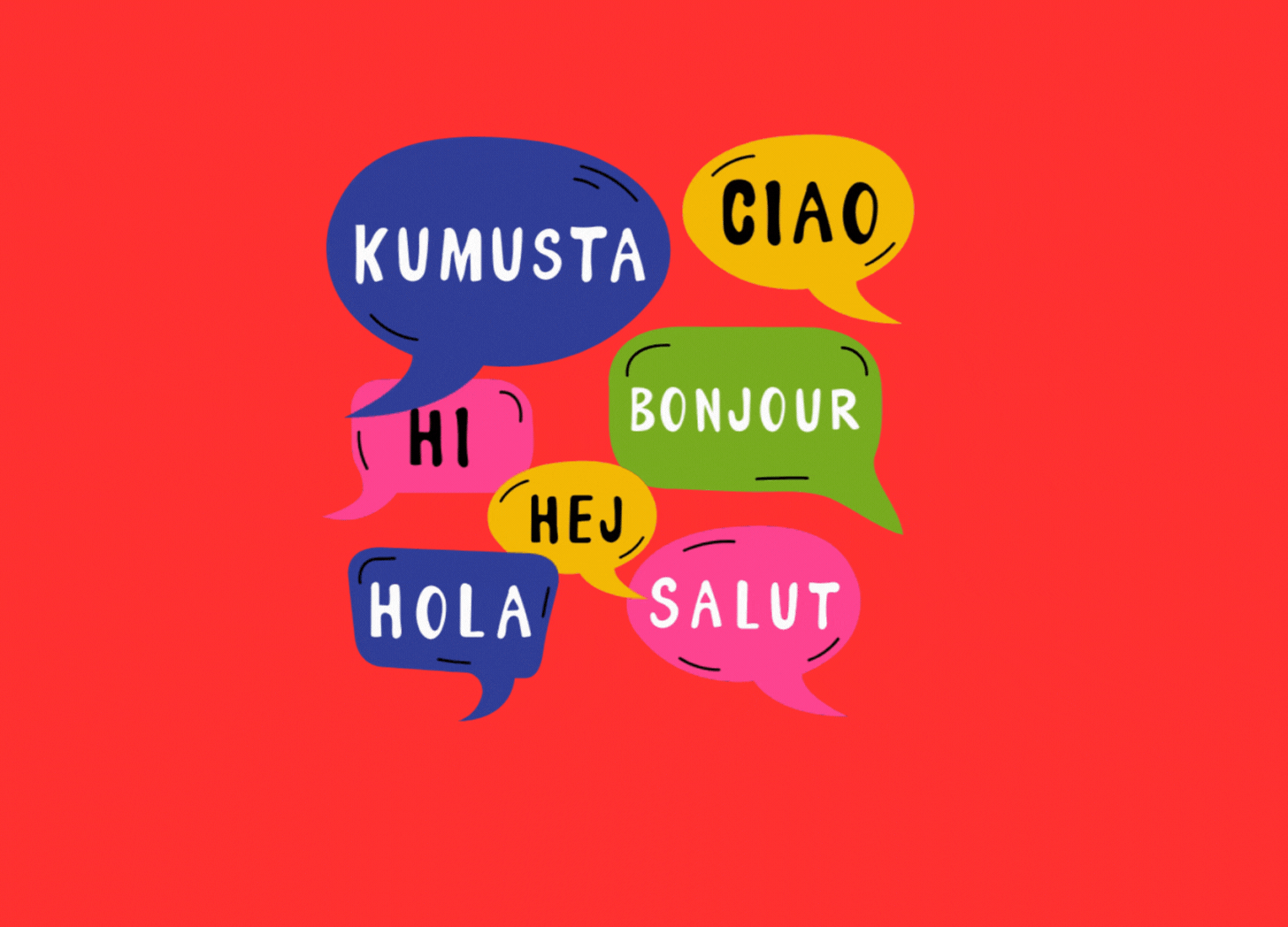🌍 Foreign Language: The best way to learn 90+ languages for kids - and families too
Pro tips for teaching World Languages, plus the best language apps, tutors and curriculum for kids and families learning together
This week, I’m excited to dive into one of my favorite topics: learning a second language. Many of you may know that I began my teaching career tutoring French, and my first business was a foreign language school in NYC called Act French. So, it’s a topic I’m particularly passionate about and well-versed in. I’ve spent a lot of time thinking about the best ways to really learn how to speak and understand another language, and excited to return to this topic now.
Here’s the outline of this post
My own language learning journey
Why bother learning another language?
The best language programs for multiple languages (curriculum, tutoring, classes and apps)
The best language programs for individual languages
Spanish
French
German
90+ more languages from Ancient Greek to Zulu
Beyond curriculum: the best ways to really learn a second language
Is earlier really better? In this case, yes.
Reasons for learning in early childhood
Differences in Brains of Early vs. Later Language Learners
Benefits of starting earlier
How can I get my kid to speak in my native language with me?
1. My Own Language Learning Journey
From a young age, I dreamed of being bilingual. My mom taught French appreciation class at the Montessori Elementary School of Ithaca and I was captivated by everything Francophone from croissants to Monet’s garden. The idea of speaking another language fluently seemed incredibly compelling to me. Eventually, I moved to Paris, studied at Cours Florent, a French acting school for three years, became a French tutor, started my first business—a French language and acting school—and became an award-winning French translator for contemporary French playwright Joël Pommerat, living as an artist in residence at the Cité Internationale des Arts right next to Île Saint-Louis in beautiful Paris.
Later, I became a bilingual substitute teacher for the NYC Department of Education, where I got to visit dozens of NYC schools and get an in-depth understanding of the educational landscape. In many ways, this experience led me to build Modulo and fueled my passion for re-inventing our education system.
For me, knowing a foreign language is a joy, a delightful journey that unveils new parts of myself through a new tongue, and has brought me to many places, formed friendships, and deepened my understanding of humanity in unique ways.
Having experienced and seen firsthand the way languages are taught in U.S. public and private schools, however, I can tell you there’s much left to be desired. Infrequent classes taught by non-native speakers often amount to little more than vague language appreciation. Often language is not even introduced as an option until high school, at which point it is much more difficult for children to acquire another language. Even in bilingual schools, I was dismayed to see third graders sitting restlessly in math class, not understanding a word of the second language they were supposed to have mastered through six hours of exposure a day. In contrast, many other countries boast populations where bilingualism or even trilingualism is the norm.
2. Why bother learning another language?
Why bother learning a second language, you say, when English is universally spoken and AI makes it possible to translate anything with a wave of it’s magic wand?
There are numerous reasons to learn a second language (thought I’d argue the best one is simply because a child shows interest in learning it). Some families may choose to teach their child a second language because a parent, grandparent or other relative speaks it.
Learning a language is a viscerally pleasurable experience as you taste different sounds in your mouth, flex your muscles and vocal chords in new ways. It is an entry point to another culture and an opportunity for cross-cultural connections.
It’s excellent for cognitive development, and has even been shown to help prevent dementia and early Alzheimer's. It fosters a deep understanding of other cultures and allows access to some of the greatest works of literature.
For me, speaking in a second language allowed me to access parts of myself that were inhibited by my first language, and gave me the freedom to reinvent myself and the way I wanted to move through the world.
Plus, let’s face it: knowing another language just makes you look cool. 😎
🏆 3. The Best Language Programs for multiple languages.
Keep reading with a 7-day free trial
Subscribe to The Modulo Community to keep reading this post and get 7 days of free access to the full post archives.


